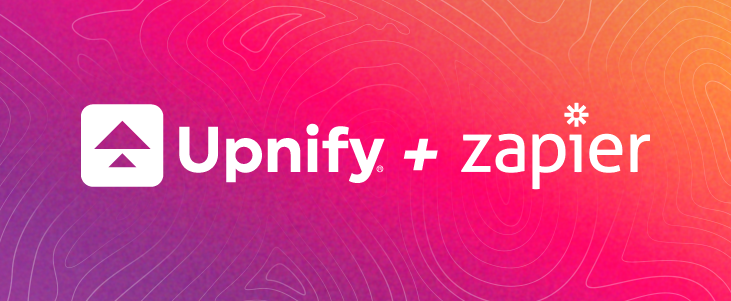
Upnify Zapier integration
Guide to Integrate Upnify with Zapier

Imagine that you have a retail point of sale and the whole process of prospecting, opportunity and sale is carried out in the CRM, but when the negotiation is closed, what you need is for the retail point of sale to start the post-sale with the new customer.
Let´s suppose you capture the sale in Upnify®. This is an event within the CRM, which can be reported to the retail point of sale using a Webhook.
A development or programming team that can read the API documentation. They will be able to see what is the best case for connecting the two systems.

The programmer requires a security token to make the request. You will have to go to our documentation to find the types of tokens you can use depending on the case.
As we said above, it is important that whoever makes these configurations knows how to program the code.
Your programmer should go to System, Integrations and Webhooks. When they click on Add Webhook, they can assign a name, for example "sale". Then you have to add the event, in this example, "new sale".

The method would be Post, as the Webhook is performed after the sale is captured. The URL refers to which address will be sent. Finally, Key and Value are added, which the developer can define as he likes.
Once the Webhook is created, it will appear in the list with its name, which event, the URL address, the method, as well as when it has been executed and the status.
The context menu shows the last execution, the history, the settings and the possibility to delete or deactivate the Webhook involved.
Your successful process from start to finish
Take advantage of the API to connect your favorite tools with Upnify® CRM and Webhooks so that events can be reported to other systems. You´ll find that life is so much easier when everything is linked together to provide your customers with the spectacular service they deserve.

Guide to Integrate Upnify with Zapier

The customer database is one of the most valuable marketing tools for any business, it contains specific information about your customer that you can leverage to follow up on sales.